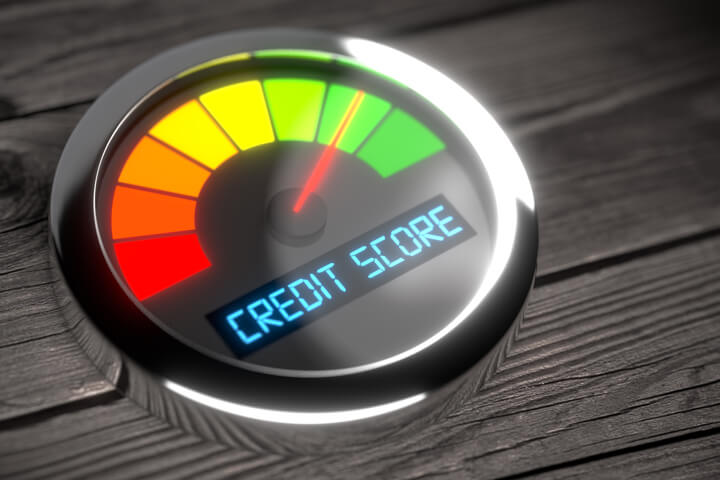
Most people know about the major factors that impact credit like payment history, credit utilization ratio, and credit history length.
While these account for the lion’s share of your credit, they’re by no means the only contributing components. Here are five little-known factors that are instrumental in building credit that can put you on the right track.
1. Having a Healthy Credit Mix
One thing lenders often look at is your diversity of credit accounts and how well you manage them. Besides revolving credit through credit cards, for example, your credit report may look at installment credit through mortgage loans, student loans, and car payments.
That’s why it’s important to diversify your credit mix as much as possible and manage your accounts responsibly.
This isn’t to say that you should go out of your way to take out a loan, as credit mix isn’t as big of a factor as payment history and credit utilization ratio. But as Equifax points out, it’s helpful to have a healthy credit mix because it’s something most lenders will consider.
2. Not Opening Too Many Accounts at Once
As we just mentioned, it’s important to have a healthy credit mix, which means it’s nice to have multiple credit accounts. But there’s a caveat.
You generally don’t want to open too many accounts at once because this can be a red flag to lenders, as it suggests increased risk, Experian notes.
While there shouldn’t be a problem if you stretch out multiple account openings over a longer period, applying for several at once can give the impression you’re desperate for money. And that, in turn, can reduce your desirability to lenders.
Not to mention each time you put in an application, there’s a hard inquiry on your credit. While this isn’t overly detrimental and your credit should level back out in time, it may take a few points off your score temporarily.
The bottom line is that you should be cognizant about opening accounts and don’t go overboard in a condensed period of time.
3. Not Closing Out Credit Card Accounts
Conventional wisdom might say that once you’re done using a credit card, you should close it out. After all, why would you want an account lingering around that you’re no longer going to use?
In reality, however, most credit experts don’t recommend doing this, even after paying off a credit card in full.
There are two main reasons why. First, it naturally minimizes your credit utilization ratio, which is one of the biggest factors in raising your credit score. Second, it makes for a longer account history, which is also beneficial.
When you combine these two factors, it’s easy to see why keeping credit card accounts open even when you’re done using them is advantageous. And you never know when you might need a backup card for an emergency.
So even if you’re looking for a newer, better credit card, it’s generally best to leave your previous credit card around rather than closing it out.
4. Being Selective About Requesting a Credit Increase
In some cases, having a positive track record with a lender where you have a history of making payments on time will make you eligible for requesting a credit increase. Rather than having a $3,000 maximum, for instance, you can bump it up to $5,000.
While it’s totally fine to request a credit increase, note that many lenders will have to perform a hard inquiry before it can be approved — something that can temporarily lower your credit score by a few points.
Therefore, you’ll want to be selective when deciding when to request a credit increase. In other words, only do it when your current credit score is in good shape. And needless to say, you should always strive to promptly make payments.
5. Strategically Taking Out a Credit Builder Loan
Let’s say you have less than ideal credit or you’re just starting out on your journey and don’t have much credit.
One way to quickly boost your credit score is by opening credit builder accounts, which quickly report on-time payments to one or more of the three major credit bureaus — Experian, TransUnion, or Equifax.
By having your payments reported promptly, this puts you in a position to get your credit back on track. Or, if you have a limited credit history, you can get on the scoring radar.
While this is a fairly new concept and sometimes has a few drawbacks such as account fees and high-interest rates, credit builder loans can be an excellent way to gain positive momentum with your credit score.
From there, it should open the door for bigger and better opportunities in the future.
Interesting Related Article: “Is Your Credit Score Rating Important?“
